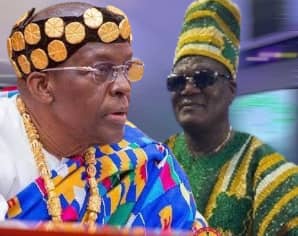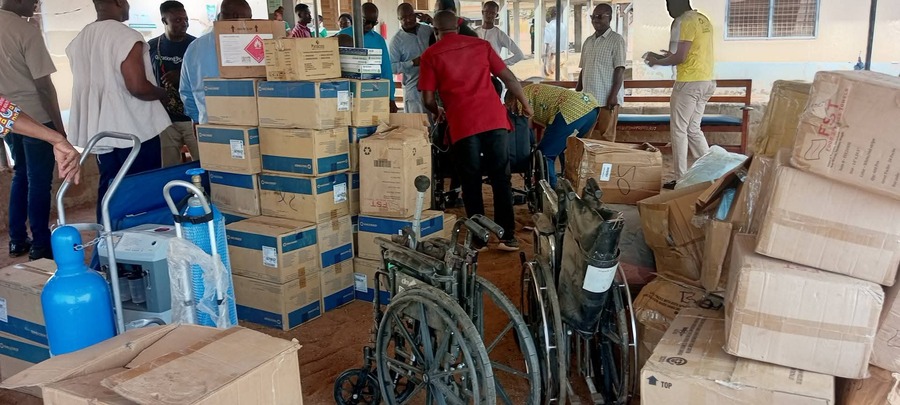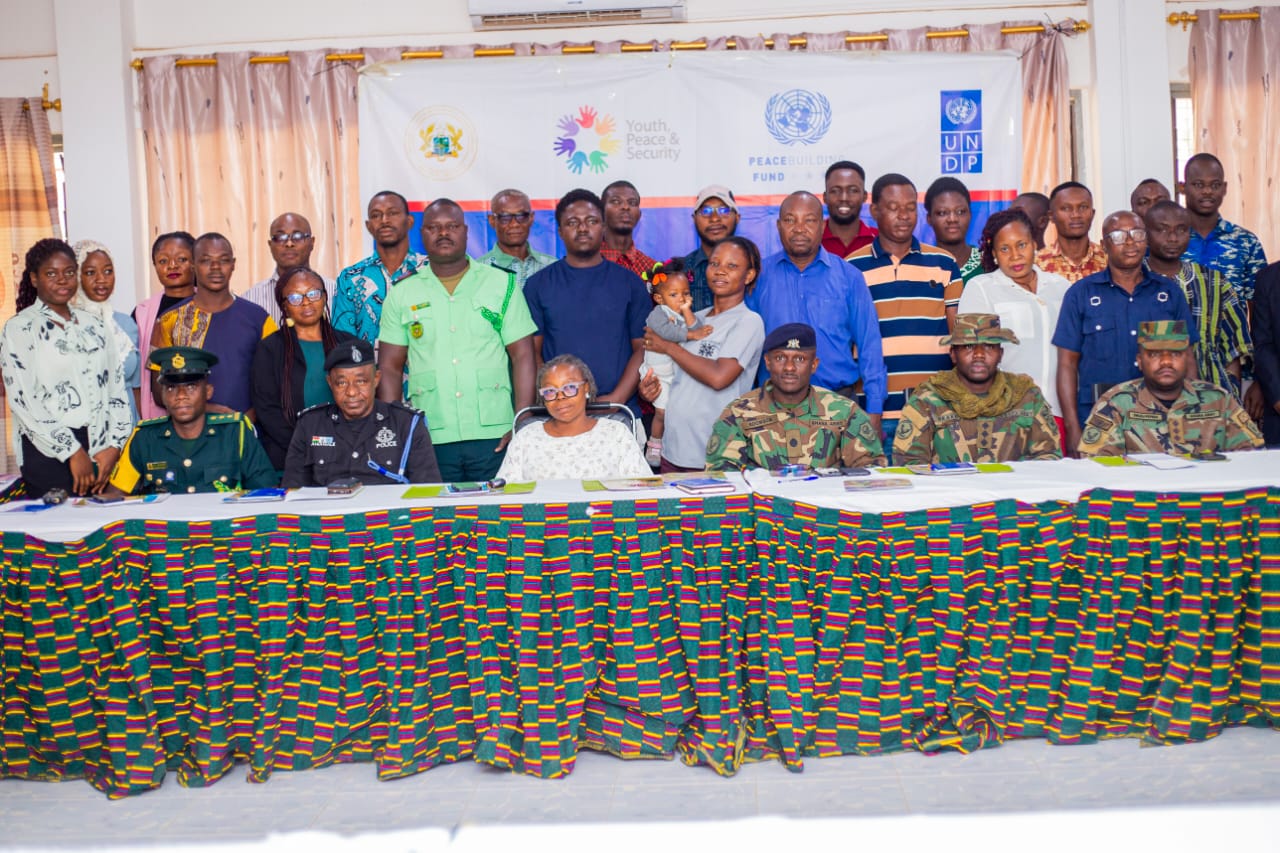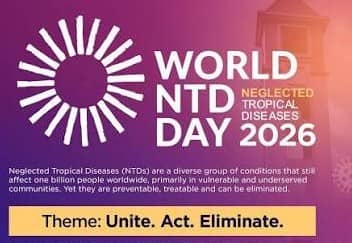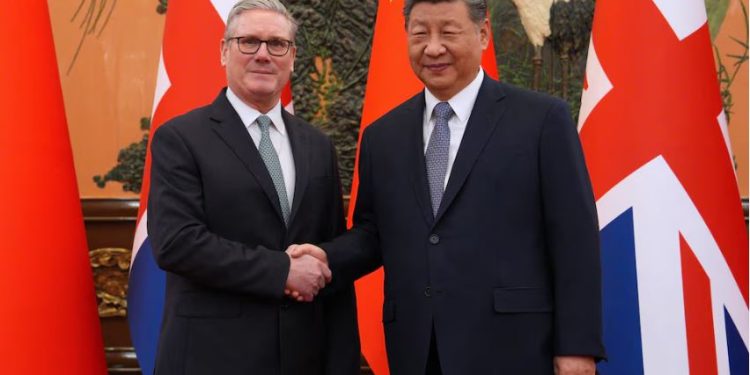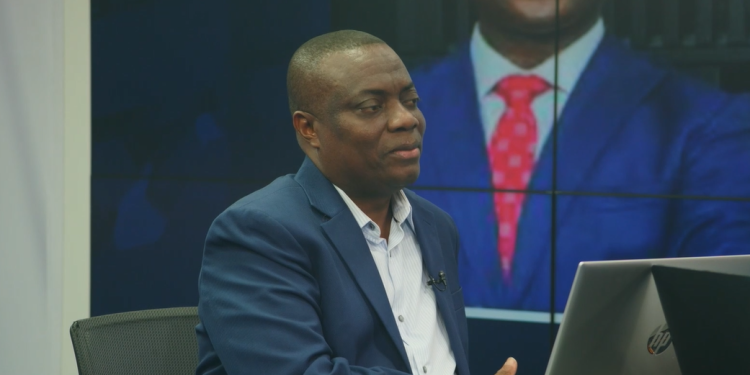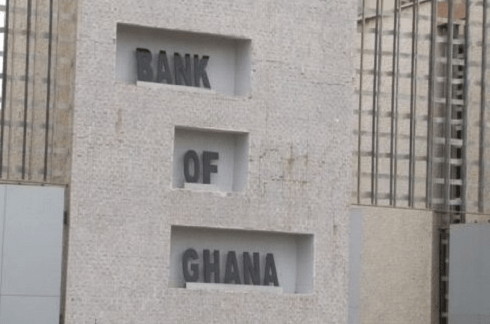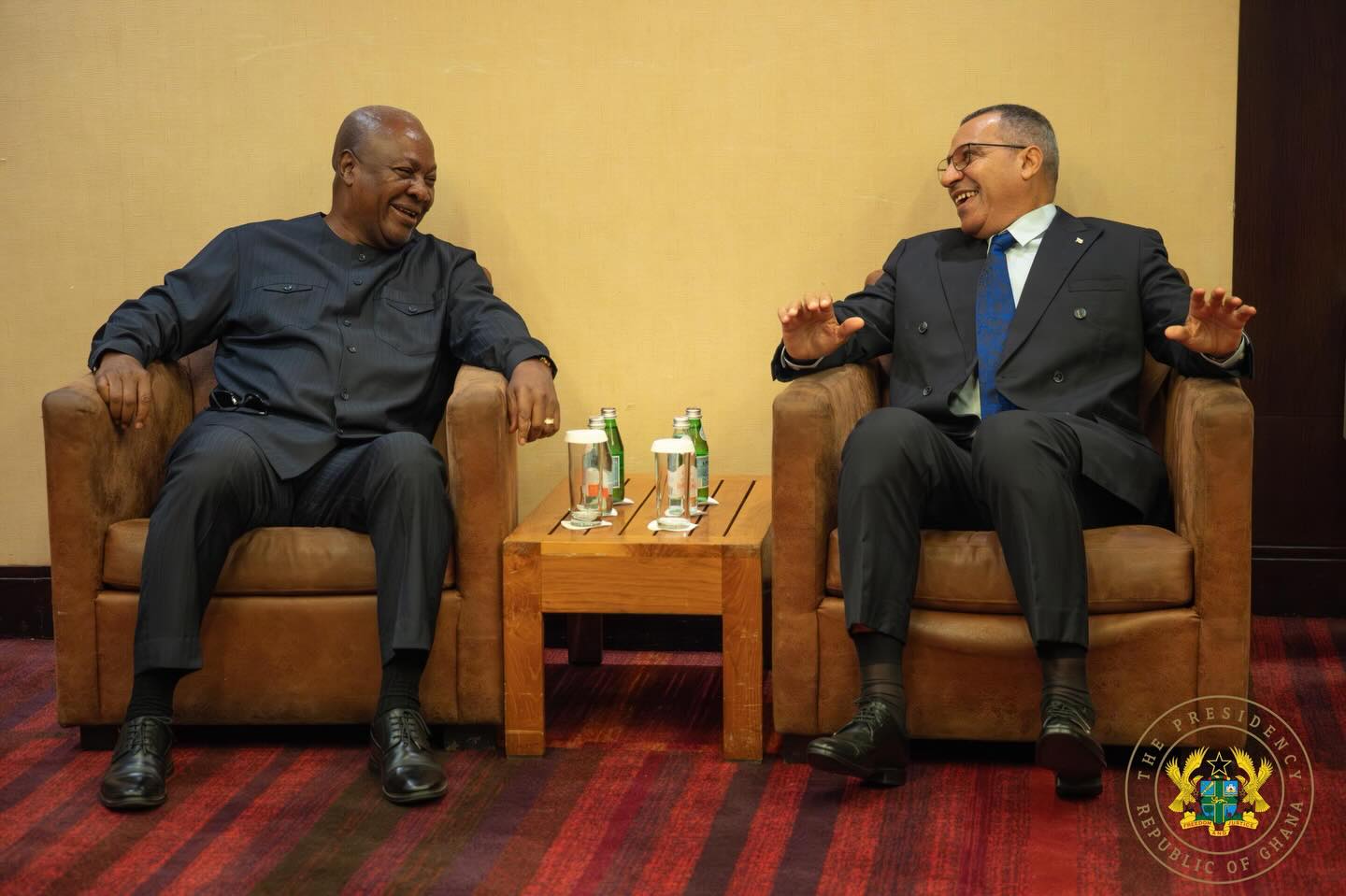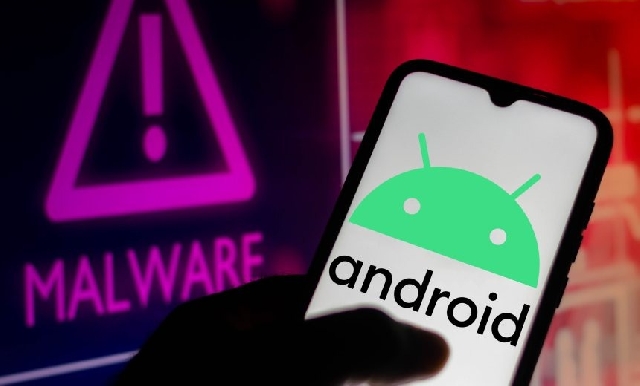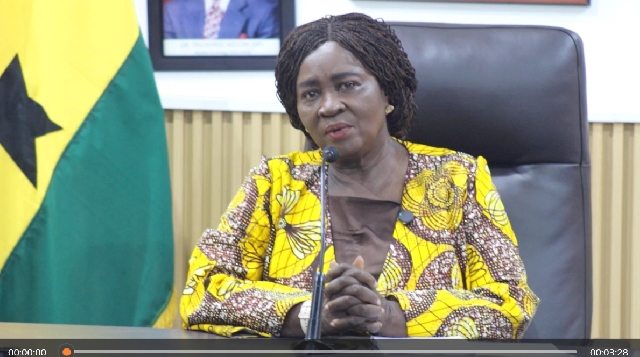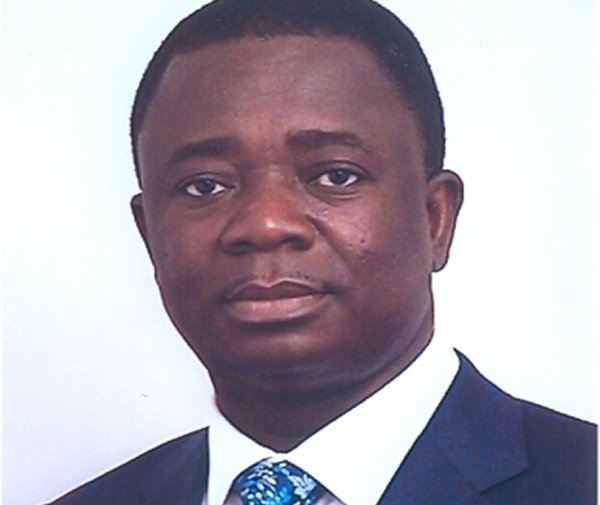Lawyers of the former Ghana Cocoa Board (COCOBOD) CEO, have told the Supreme Court to reject the Attorney General, Godfred Yeboah Dame’s arguments to set aside its decision barring the trial judge from hearing the criminal case. They explained that, Justice Jackson Clemence Honyenuga, had made up his mind that Dr Stephen Opuni is guilty and is determined to just go through the ritual of trial, while waiting to pronounce the sentence. Records of proceedings made available to the Supreme Court, showed Justice Honyenuga, had branded Dr. Opuni and businessman, Alhaji Seidu Agongo ‘fraudsters’ ahead of their entry into the dock to respond to allegations leveled against them by the state. This, Dr. Opuni’s lawyers, explained amounts to bias on the part of the trial judge, as it is prejudicial. While dismissing the submission of no case filed by Dr. Opuni and Alhaji Agongo, Justice Honyenuga, remarked that the two accused persons had perpetuated acts to facilitate fraud against the state. He had charged “all these were perpetuated to facilitate the 2nd and 3rd accused’s business and defraud COCOBOD. Indeed these acts were all perpetuated to facilitate and intentionally, voluntarily to aid the 2nd and 3rd accused to perpetuate fraud on COCOBOD by supplying a different product from what was tested and approved.” Justice Honyenuga, further stated in his submission of no case ruling on page 54, that “…the 1st accused, although he knew the correct state of affairs and knowingly facilitated and aided the 2nd and 3rd accused to defraud COCOBOD.” After this, he went ahead to expunge certain evidence submitted by the accused persons, saying these “exhibits were all tendered through witnesses who were not authors and could not answer questions based on them…..” These, the lead Counsel for Dr Opuni, Samuel Codjoe, reiterated at yesterday review hearing, showed that Justice Honyenuga, who was promoted to the Supreme Court in the middle of the trial, but sitting as additional High Court judge, “…had made his mind and was going through the rituals while waiting to pronounce sentence”. In a close call 3-2 decision in July this year, the Supreme Court restrained Justice Honyenuga from hearing the case. Justice Honyenuga, a Justice of the Supreme Court, has since 2017, been hearing the case as an additional High Court judge. In July 2021, Dr Opuni’s lawyers applied to the Supreme Court that it should restrain Justice Honyenuga from hearing the matter. He alleged that his right to be heard fairly, had been breached by the Judge, aside from a demonstration of bias. The allegations flowed from Justice Honyenuga’s ruling on a submission of no case application. Dr Opuni’s lawyers contended that the judge committed an error of law when he rejected some documents submitted as evidence. The documents were witness statements said to have been obtained by the state during investigations. One is a statement by the Head of the Cocoa Research Institute, denying that he had been coerced to do his work. A procurement officer is also said to have given a statement, which Dr Opuni said exonerates him from any breaches of the procurement law. Another statement is said to have indicated that the fertiliser at the centre of the controversy effectively increased the yield of cocoa farms. Dr Opuni’s lawyers, said these statements were withheld by state prosecutors and only made available when they applied for them. These statements were, however, rejected by Justice Honyenuga with the following justification; “However, counsel tendered exhibits 71,72, and 73 being statements of Genevieve Baah Mante (Mrs), Fiona Gyamfi and Paula Adjei Gyang, which confirm that there was another test conducted on the Lithovit supplied to GSA for further testing. “It is trite that a witness should not talk about something of which he had no personal knowledge but rely upon his own observations and recall of the matters in dispute, and this is the rule against hearsay provided under section 117 of NRCD 323. See Ekow Russel [2017-2020] SCGLR 469 Holding (4). “It is also trite that a court could admit documents into evidence and reject same during Judgment. In view of the decision in Ekow Russel v The Republic, a Supreme Court decision, this court was wrong in admitting Exhibits 71,72 and 75 since they offend against the hearsay rule in section 117 of NRCD 323. In the circumstances, this court rejects exhibits 71, 72 and 75 as hearsay since the authors were not under section 117 of NRCD 323 available to answer questions and in the denial of PW7 about another scientific test, these exhibits are hereby rejected as marked as ‘rejected’. Further at page 88 of his ruling, he said this; “Moreover, by the decision of the Supreme Court in Ekow Russel v the Republic (supra) I would reject exhibits 58,59.60,61,62,63,64,65,66,67,68,69,70,71,72,73,74 and 75 as they offend the hearsay rule in Section 117 of NRCD 323 as a court has power to reject evidence during judgment stage. The exhibits were all tendered through witnesses who were not authors and could not answer questions based on them. Meanwhile, the witnesses are available”. The lawyers contended that this position taken by the judge is contrary to law. However, the Supreme Court, in its judgment, took the view that these statements were admissible. The court said these statements were crucial to Dr Opuni, and he should therefore have been given a hearing before the Judge decided to expunge it. On the allegation of bias against the Judge, the lawyers explained that the Judge made some prejudicial comments in his submission of no case ruling. “All these were perpetuated to facilitate the 2nd and 3rd accused’s business and defraud COCOBOD. Indeed these acts were all perpetuated to facilitate and intentionally, voluntarily to aid the 2nd and 3rd accused to perpetuate fraud on COCOBOD by supplying a different product from what was tested and approved.” Page 54 again. “…However, the 1st accused, although he knew the correct state of affairs and knowingly facilitated and aided the 2nd and 3rd accused to defraud
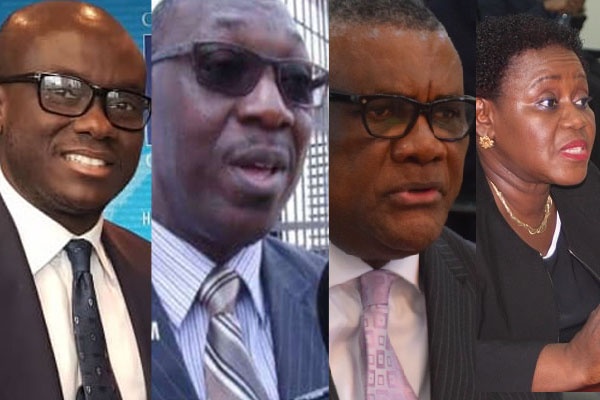 A-G Godfred Odame, Justice Clemence Honyenuga, Prof. Emmanuel Nii Ashie Kotey and Justices Gertrude Torkonoo
A-G Godfred Odame, Justice Clemence Honyenuga, Prof. Emmanuel Nii Ashie Kotey and Justices Gertrude Torkonoo

